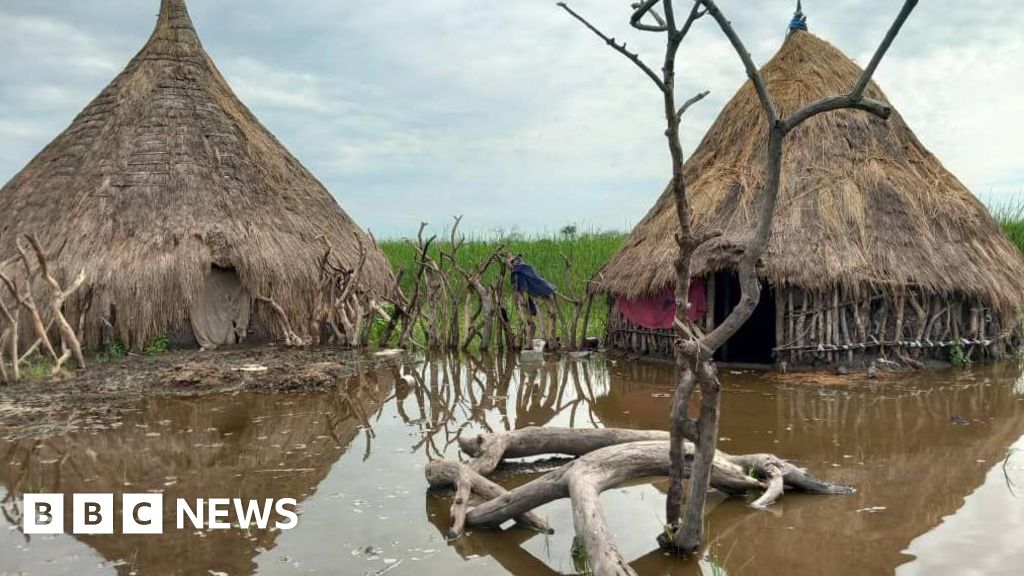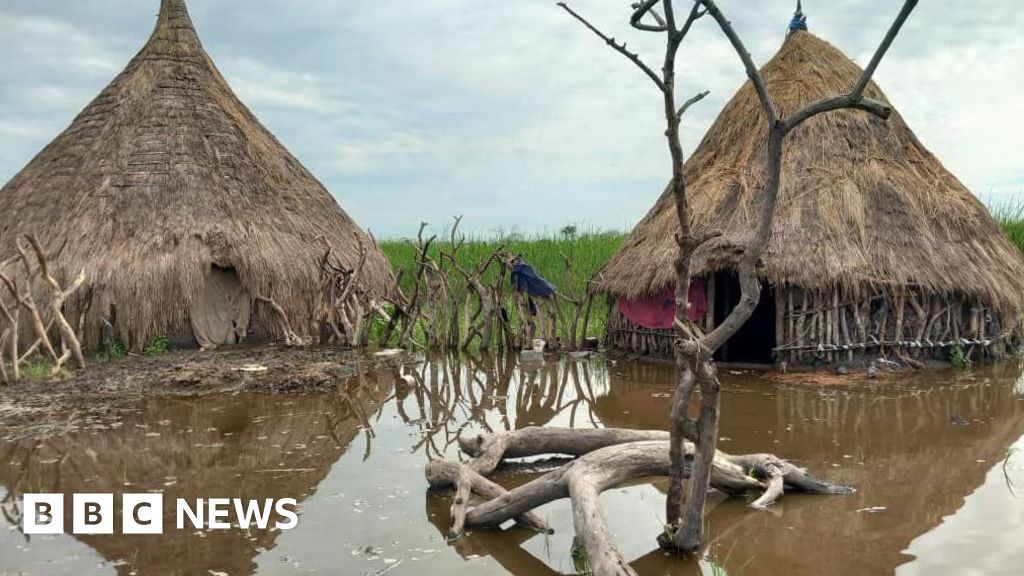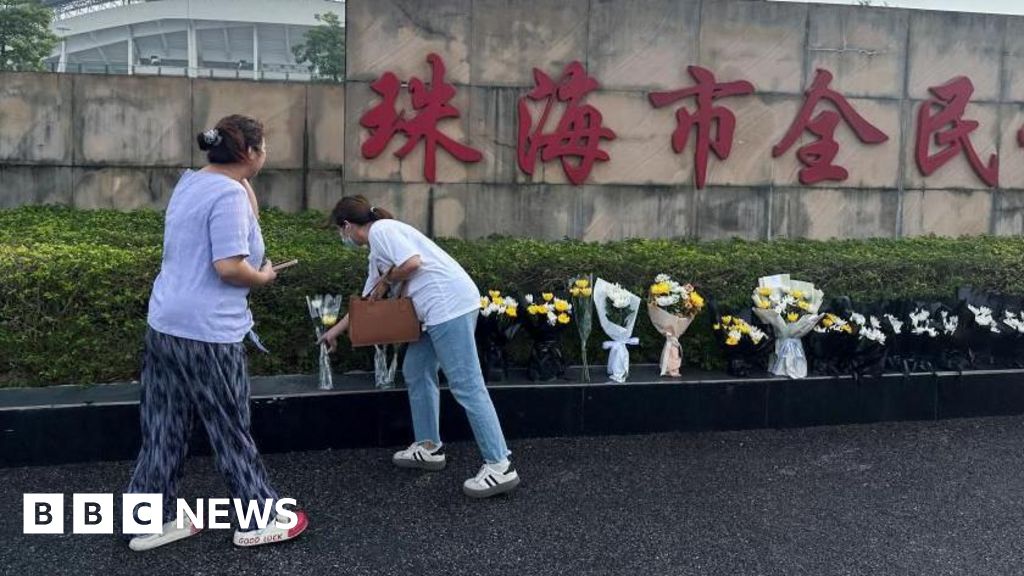
Over a million people in South Sudan have been affected by floods across much of the country, the UN’s humanitarian organisation, Ocha, has said.
More than a quarter of those – many in the north – have been forced from their homes by rising waters.
Ocha said the displaced were seeking refuge on higher ground, but the rains have also meant that getting aid to those who need it had become increasingly difficult.
This is one of the worst flood seasons that South Sudan – a country with a population of more than 11 million people – has experienced in recent decades.
In Pibor, in the east, 112,000 people have lost their homes, according to a government relief agency there.
Those who have fled to higher ground “don’t even have food, they left everything in that previous location”, Joseph Nyao, director of Relief and Rehabilitation told the BBC from Pibor.
He added that the government was urging people in areas threatened by floods to “immediately move to higher grounds that have been identified by local authorities for their safety”.
“The level of water is still increasing and the displacement is continuing.”
In May, the government alerted the international community to the risk of exceptional floods that were expected to hit the country in the subsequent months.
Ocha said that since the rains began 15 major supply routes have been rendered impassable, affecting the delivery of essential humanitarian aid to some 500,000 people in different parts of the country.
This all comes as South Sudan continues to deal with the impact of the 18-month civil war in neighbouring Sudan.
More than half a million Sudanese refugees and returnees from South Sudan have been registered in South Sudan since April last year.
South Sudan, already in the throes of a worsening humanitarian situation, is seeing its ability to respond become further overstretched, Ocha warned.



